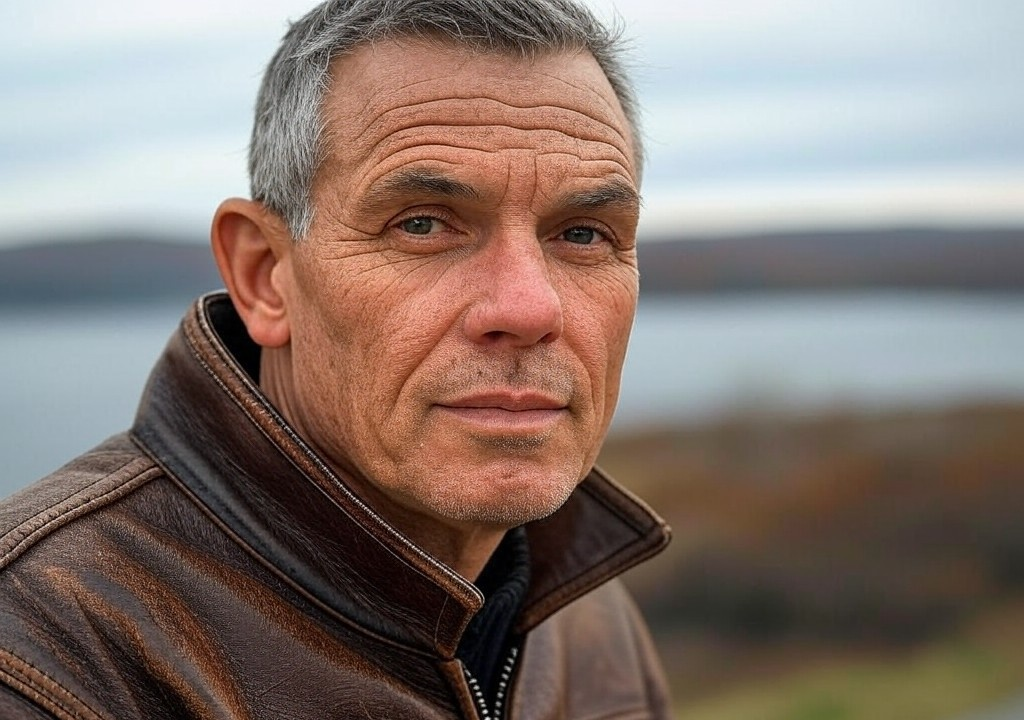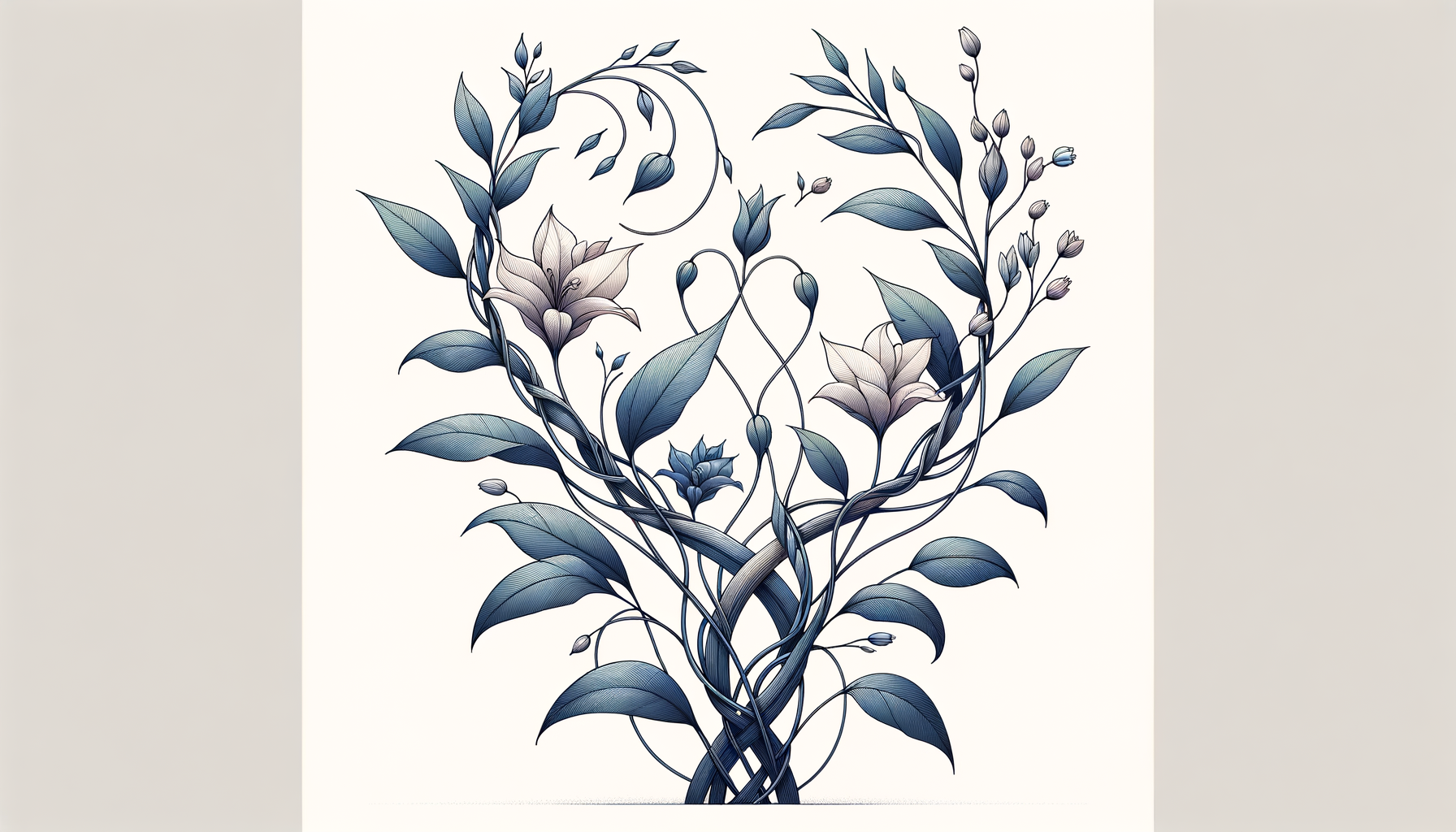How It All Began
I can’t talk about my passion for relationships—or stories about relationships—without taking you back to where it all started, deep in the Appalachian hills of West Virginia. Picture this: a kid growing up in a tiny coal town where everyone knew your mom, your dad, and the exact date you’d missed Sunday service. Love was simple there, predictable even. Couples gathered at high school football games, shopped at the Piggly Wiggly, and built lives that looked eerily similar to each other’s. Marriage came right after graduation, babies came right after marriage, and romance was a steady hum rather than a crescendo.
But I was the weird kid, with my nose buried in books that weren’t The Bible or Gone with the Wind. I inherited my dad’s blue-collar work ethic, sure, but I had grander dreams of unraveling why we love, how we connect, and why some relationships work while others fall apart faster than a gas station lawn chair. Growing up in an environment where love was more tradition than choice, I became obsessed with the stories people told about their hearts—the falls, the failures, and, sometimes, the forever-afters.
The Things We Learn from Failure (and a Little Jazz)
Flash-forward to my time in California, where culture shock hit me like a two-ton truck on a dark country road. I went from dirt roads and potluck dinners to avocado toast and conversations about tantric meditation. It was there I discovered jazz and the concept of improvisation, which, by some twist of fate, turned out to be a perfect metaphor for love—not to mention the writing process.
Love, like jazz, isn’t about sticking to a script. It’s about showing up, listening, and riffing off the other person’s energy. And, let me tell you, when I found myself floundering through a handful of disastrous dates, I figured out fast that I’d need to embrace the chaos if I wanted to learn anything meaningful.
Take, for instance, the time a date ended up giving me a lecture on astrology so detailed she could’ve opened for Neil deGrasse Tyson. She informed me mid-salad that, as a Virgo, I was far too detail-oriented to ever fully satisfy my potential as a partner. “You’ll probably just write about relationships instead of investing in one,” she said with a smirk. Well, joke's on her—I write about them and invest in them now.
The Gap Between Hollywood and Real Life
Living in Los Angeles threw another wrench into my romantic perceptions. While back home, love was humble and predictable, in L.A., relationships seemed like auditions for Instagram—a highlight reel of rooftop dinners, manicured beaches, and “effortlessly candid” selfies. But there’s a funny thing about all that curated confidence—it’s exhausting. Nobody stays that perfectly polished 24/7 unless they’re an Oscar contender.
Once, I went on a date at a fancy grocer where we picked out items together for some kind of artisanal picnic (it seriously made me miss sandwiches in Ziploc bags). Halfway through the trip, I slipped and made a joke about Spam being underrated. You’d think I’d announced I hated puppies. She recoiled in horror and muttered, “Wow, that’s...not my vibe.” To this day, I stand by my comment. Spam’s just misunderstood, like most real love stories.
What I learned is this: the gap between Hollywood love and real love isn’t bad—it’s necessary. It taught me that the best relationships don’t come from trying to “win” anyone over. They come from tossing the script out the window, embracing the unexpected, and being unapologetically yourself (Spam and all).
What Telling Stories Has Taught Me About Love
Writing, like relationships, is a deeply personal habit. Both start with a blank slate, and whether it’s a romantic partner or a story idea, a certain amount of faith and vulnerability is required just to begin. But storytelling has given me something else entirely—it’s shown me why love matters even when it’s messy.
Stories force us to confront things we’d rather avoid. In writing books about romance and relationships, I’ve learned that good love—the kind that sticks around—happens when two people go all in, flaws and all. It requires that you fail sometimes, that you get frustrated with plot holes (or, you know, your partner’s refusal to put the cap back on the toothpaste). Love, like storytelling, isn’t about perfection. It’s about progress.
And here’s the most important thing I’ve learned: The moments where you want to quit—on the page, in your relationship, or in yourself—are the moments where growth really happens.
Why Passion Changes Everything
I know I wouldn’t be where I am today—whether sitting at my desk in this cozy coastal town in Maine or managing my own messy, wonderful relationship—if I hadn’t discovered a passion for unpacking love.
That passion made me see beyond my roots in Appalachia, showed me the beauty in contrast and compromise, and taught me to value stories in every form, whether it’s the one I write or the one I’m living. And, more than anything, it’s taught me that good love doesn’t just happen. It’s built—hammered together with awkward dates, well-timed jokes about Spam, and the kind of patience that grows as you learn more about yourself and the person sitting across the table.
The Takeaway
What I love most about writing and relationships is this: Both give you permission to take risks. They invite you to stretch a little outside your comfort zone—not with the promise of perfection, but with the possibility of connection.
Because here’s the thing about passion—you don’t have to get it right all at once. Just like love, it’s something you grow into, something that teaches you as much about yourself as it does about the world. So if you’ve got a fire in your belly (or someone who makes your heart do backflips), lean into it. Let yourself mess up, act goofy, get curious. Who knows? You might just find that what you’re passionate about unlocks a depth you didn’t even know you had.




















